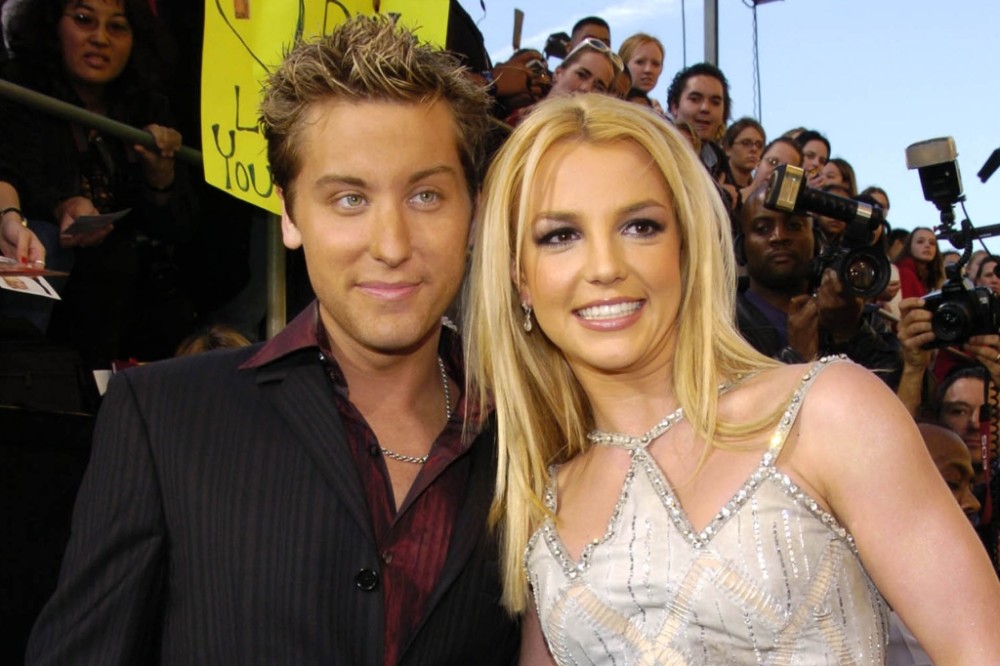
Does Britney Spears Stand a Chance of Dissolving Her Conservatorship?
Britney Spears offered a harrowing public statement on Wednesday about her ongoing, 13-year conservatorship. During her court testimony, done over Zoom, Spears alleged years of abuse, including forced labor, prescriptions of debilitating drugs like Lithium and restrictions put on pregnancy and marriage. Spears also claimed that she had never been informed that she could petition the court to terminate the conservatorship, which has been run by her father Jamie Spears.
Since 2008, when Spears was deemed mentally unfit to hold her own counsel, the singer has been represented by Samuel D. Ingham III, a court-appointed attorney. Now, Spears is hoping to end the conservatorship permanently and stated a desire to hire her own lawyers. But how common is it to see a conservatee like Spears successfully end their conservatorship?
According to Syracuse Law professor Nina Kohn, age works in Spears’ favor. “When we look at the data on whose rights get restored, it’s disproportionately younger adults such as Miss Spears,” she tells Rolling Stone. “Restoration of rights can be full or partial. So even if a person has some things that they cannot do and are therefore at substantial risk without having someone appointed to do things for them, that doesn’t mean they need a conservator to have full powers.”
According to previously confidential court documents shared by The New York Times as well as Spears’ own testimony, Spears’ life was heavily restricted even though she was expected to continue working as she had done prior to the conservatorship. She was given a weekly allowance and couldn’t make decisions on things as prosaic as her home’s decor without approval. Spears’ case presents what critics of the arrangement call an abuse in power, which is, according to Kohn, common in guardianship and conservatorship agreements given the control over another human’s rights and autonomy. “These should be tailored arrangements where the conservator only has those powers that are truly needed to protect the individual from substantial harm,” Kohn tells Rolling Stone.
Adam Streisand, who was briefly hired by Spears as her lawyer at the onset of the conservatorship before she was given a court-appointed attorney, has raised doubts over the years about Ingham and his lack of advocacy for Spears. After hearing her emotional testimony where she reflected those same feelings about Ingham, Streisand believed the judge should terminate the conservatorship immediately.
“I would have liked to have seen the judge say, ‘I’m setting a hearing and I want you back here in 10 days because I’m going to terminate this conservatorship unless somebody can prove to me why there’s a good reason this conservatorship needs to happen,’” he suggests. Otherwise, he hopes Ingham petitions immediately to have the conservatorship terminated, though dissolving it completely could prove tricky.
“She said, ‘I want to terminate it, but I don’t want to be evaluated.’ There’s two components to that: First of all, it’s hard to terminate a conservatorship once it’s been established without showing some evidence that there’s a reason why it shouldn’t exist,” Streisand explains. He lists evidence around medical capacity and proper asset management as some of what she would need to prove. “The other part of it, though, is the law is very clear that a conservatorship cannot be maintained except as a last resort. In other words, if there’s any less restrictive way in which to help or protect a person, a conservatorship has to be terminated or not imposed at all.”
Kohn adds, however, that California law is “out of date and not sufficiently protective of individual rights.” Spears’ statement is unfortunately not enough to trigger the process to go forth, and Kohn argues that an individual pleading their case instead of going through the formal process of a legal petition should suffice in these instances.
Both Kohn and Streisand stress that a conservatorship is meant to be a last resort, and if there are still lingering concerns about Spears’ mental health or management of her financial assets, there are less dire alternatives that should have been looked at years ago and can be beneficial in the future, like a health care advocate or hiring a trustee.
Kohn, who authored the Uniform Act on Guardianship and testified about the need for guardianship abuse reform, adds that she hopes that the #FreeBritney movement continues to mobilize beyond Spears’ case. There is real law reform needed, for even more voiceless individuals trapped in similar situations.
“If fans want to honor Miss Spears and make sure this type of thing doesn’t happen to other people, then they really should be saying to their states, ‘Look, it’s time to reform our laws so that other people don’t end up in this position.’”
Spears’ next hearing is set for July 14th.
Additional reporting by Tessa Stuart




